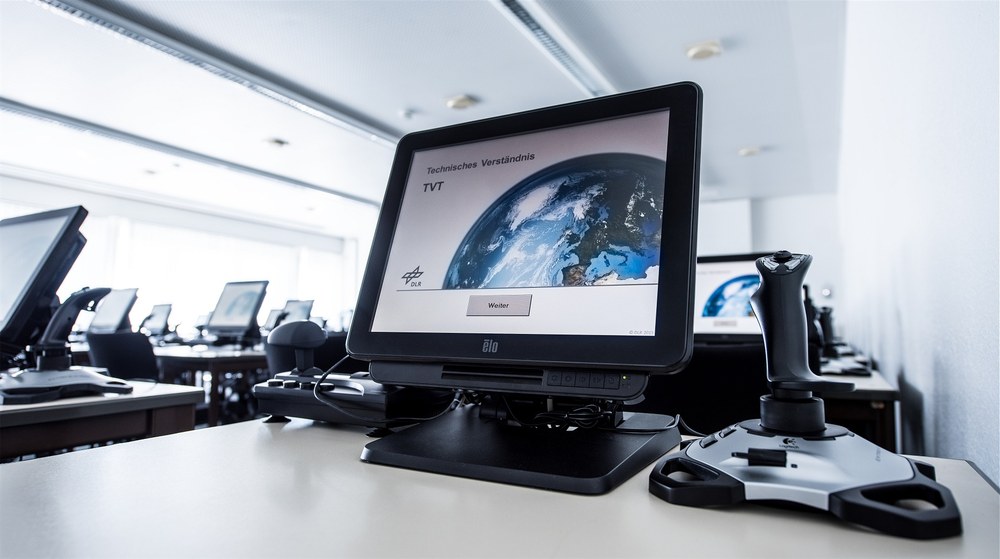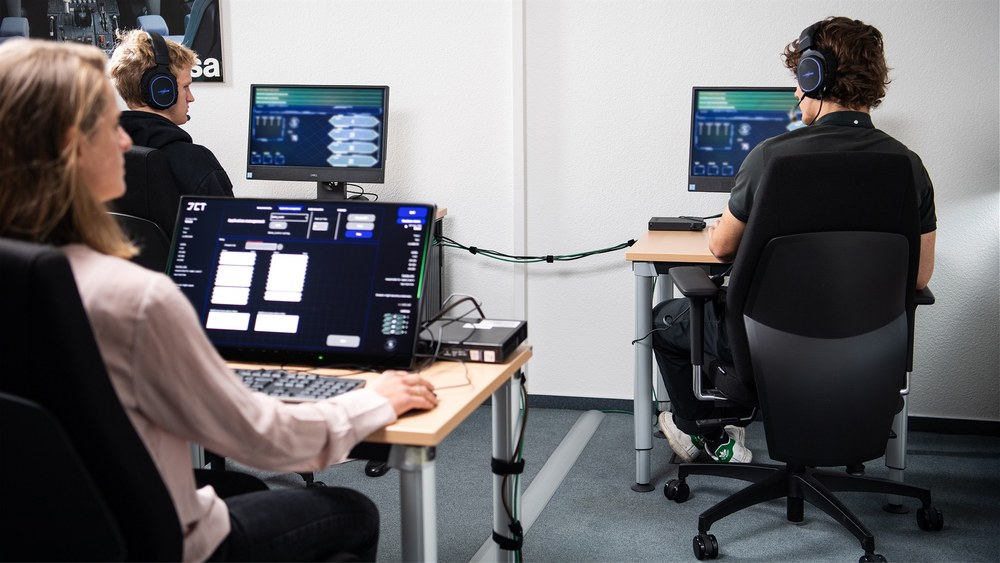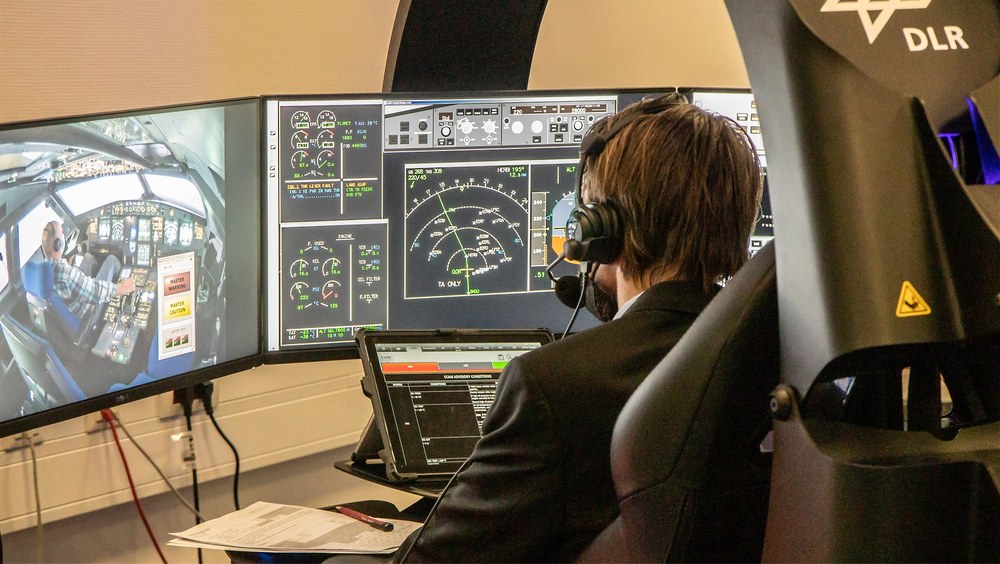Crew Performance and Transport (CPT)



The Crew, Performance and Transport (CPT) group of the Department of Aerospace Psychology has been successfully conducting psychological aptitude tests for prospective airplane and helicopter pilots since the 1950s. The aim was and is to increase safety and efficiency in aviation. Since that time, however, the range of psychological research in the working group has grown steadily and we are now involved in a wide variety of fields:
Selection of commercial pilots for fixed-wing aircraft and helicopters
In addition to conducting psychological assessments for various partners such as commercial airlines or national organizations such as the German Federal Police, all of the diagnostic instruments are also developed in the department. The entire diagnostic process has been ISO-9000 certified since 2002 in order to fulfil the highest quality requirements in the aviation industry.
Worldwide implementation of computer-aided psychological selection systems
The psychological personnel selection methods developed by us are not only used at the Hamburg site, but also in locally established test centres worldwide as part of international collaborations. Such test centres are currently in Switzerland, Italy, Turkey and Indonesia.
Development and validation of diagnostic methods
We design, develop and validate scientifically sound methods of psychological aptitude and performance assessment. The development is based on scientifically sound task- and job-requirement analyses for the various fields of work in aviation. It is oriented towards classic quality criteria such as objectivity, reliability and validity. In addition, we consider factors like standardisation, fairness and transparency. We check the validity and predictive power of the diagnostic procedures regularly in validation studies.
Passenger comfort in transportation
We develop new, energy-efficient climate and lighting technologies for transport vehicles and evaluate this in empirical studies to determine their effect on passenger comfort.
Computer-aided assessment centre tools
The assessment of individuals in interactive group processes represents one of the serious challenges in aptitude assessments, as the behaviour of the individual depends on that of the group members. This applies to both performance and participation in group processes. As part of the Group Assessment of Performance and Behaviour (GAP) research project, we developed a new type of psychological test procedure to assess small groups simultaneously with regard to various individual and collective performance parameters and social skills. This also includes the assessor side: defined and pre-validated behavioural units are clicked on at the observer PC via touchscreen, thus registering the behaviour of each applicant in a highly reliable manner.
Virtual reality
Virtual reality (VR) is a novel technology that provides users with an immersive experience and innovative ways of presenting information. One of the main focus is to optimize performance during interactions with the technology while ensuring user well-being. Some users have reported experiencing sickness when using VR. With this research we aim at identifying who is particularly affected and what conditions do occur under which symptoms.
Bed rest studies: candidate selection and research
During a bed rest study, test subjects spend longer periods of time (e.g. 30 or 60 days) in our research facility :envihab in a lying position in 6 degree head down tilt to simulate the effects of weightlessness on the human body. Physical and psychological changes as well are measured to avoid negative effects. We select suitable study participants and analyze participants' mood and group dynamics in this setting.
Human Factors in future flight deck concepts
We are involved in the development of operational concepts for the flight decks of the coming decades. Procedures such as single pilot operation as well as the integration of adaptive automation and artificial intelligence are challenges that we must address. From the perspective of human factors research, we are particularly investigating explainability, acceptance, trust and the changing requirements for pilots by their future workplace.
